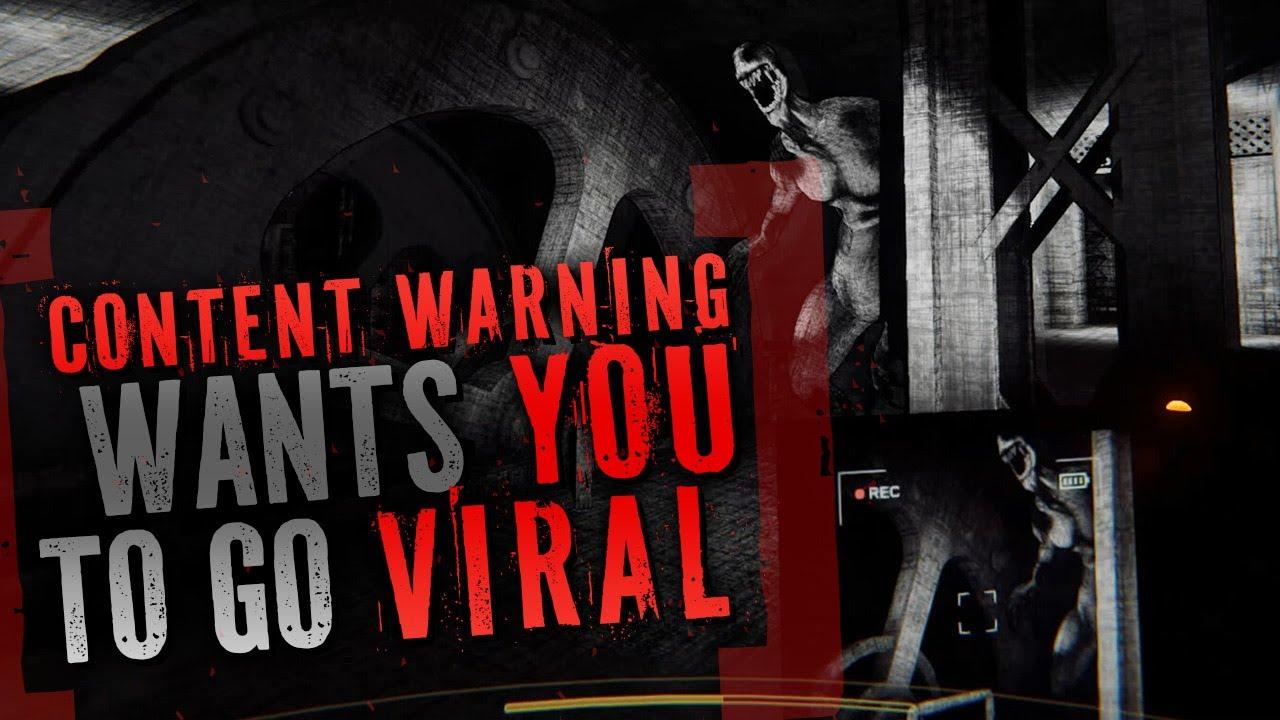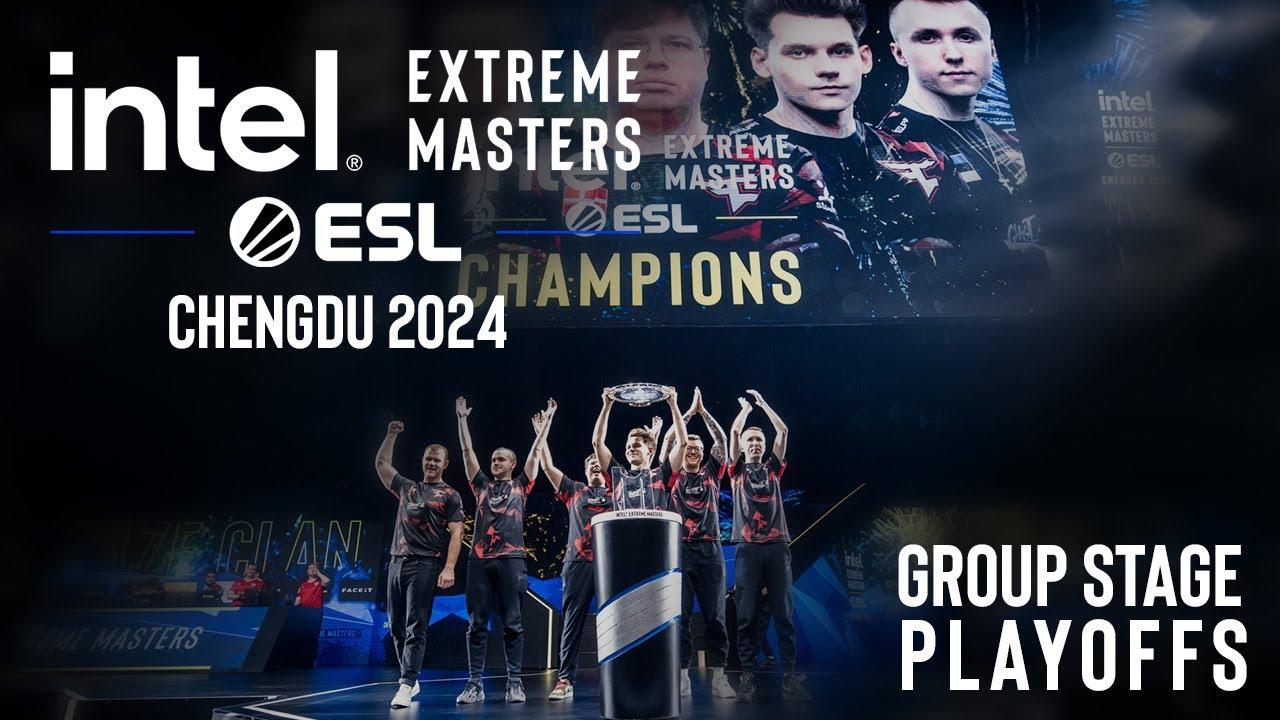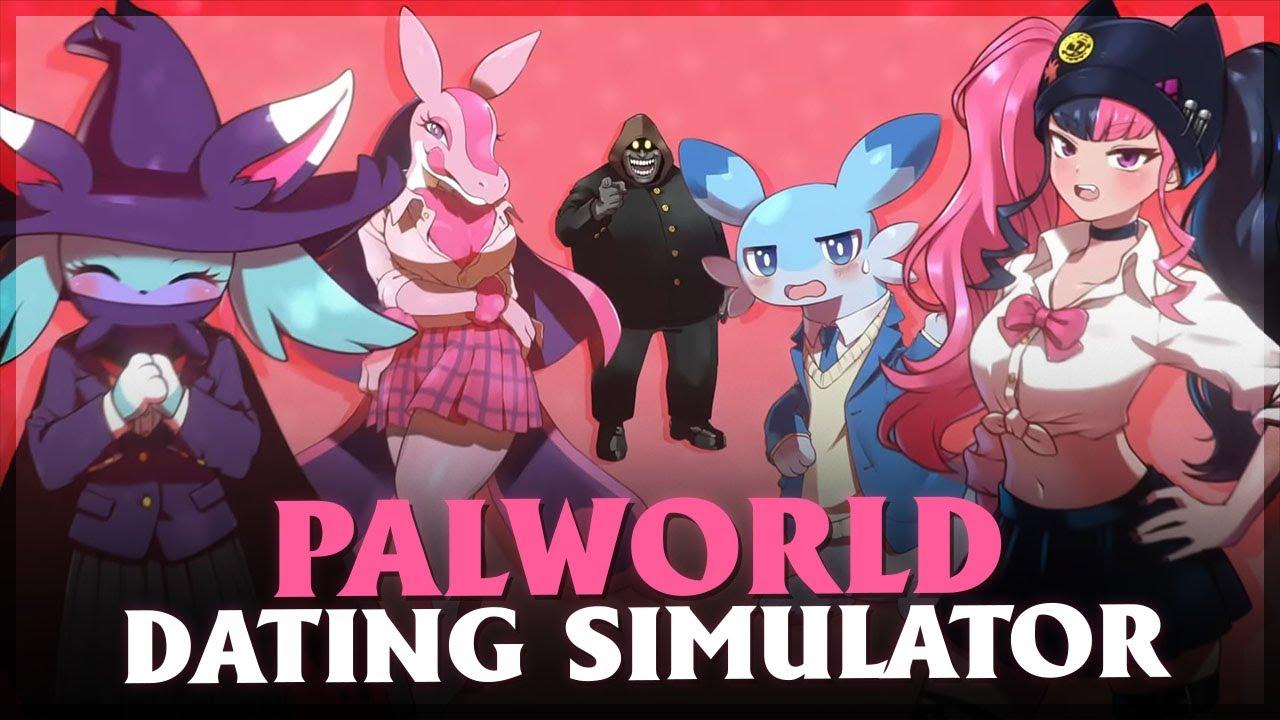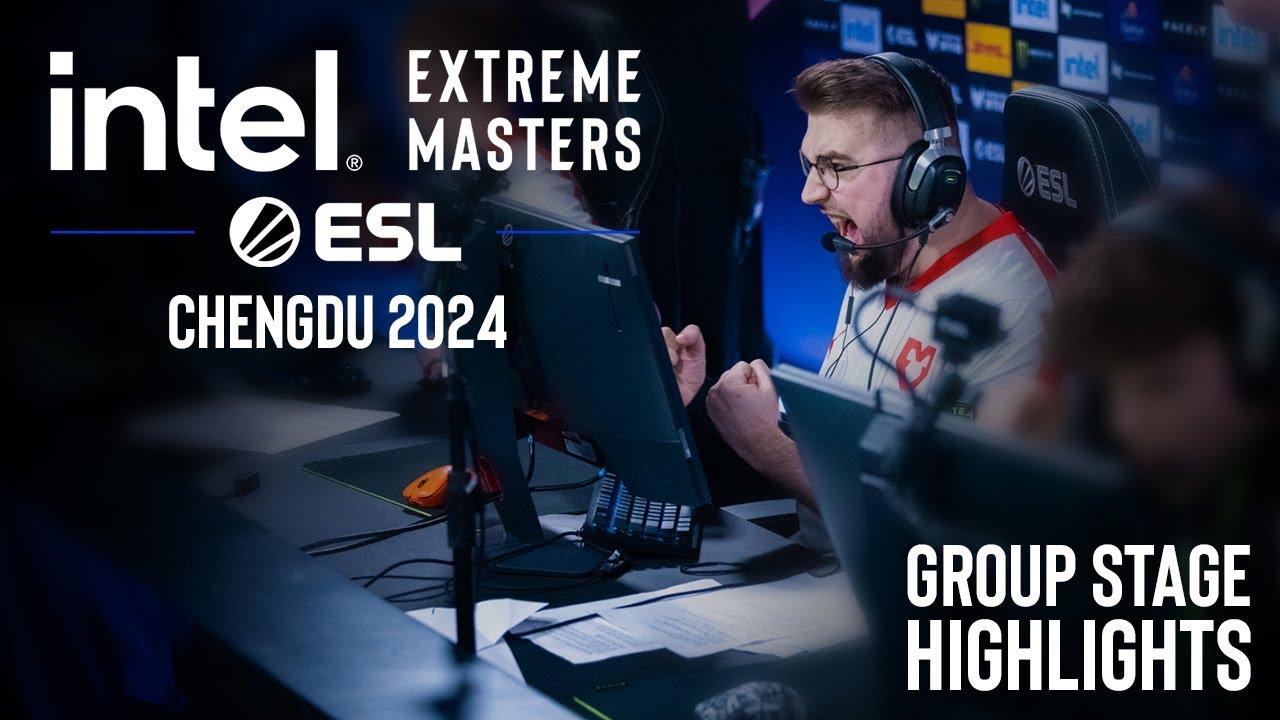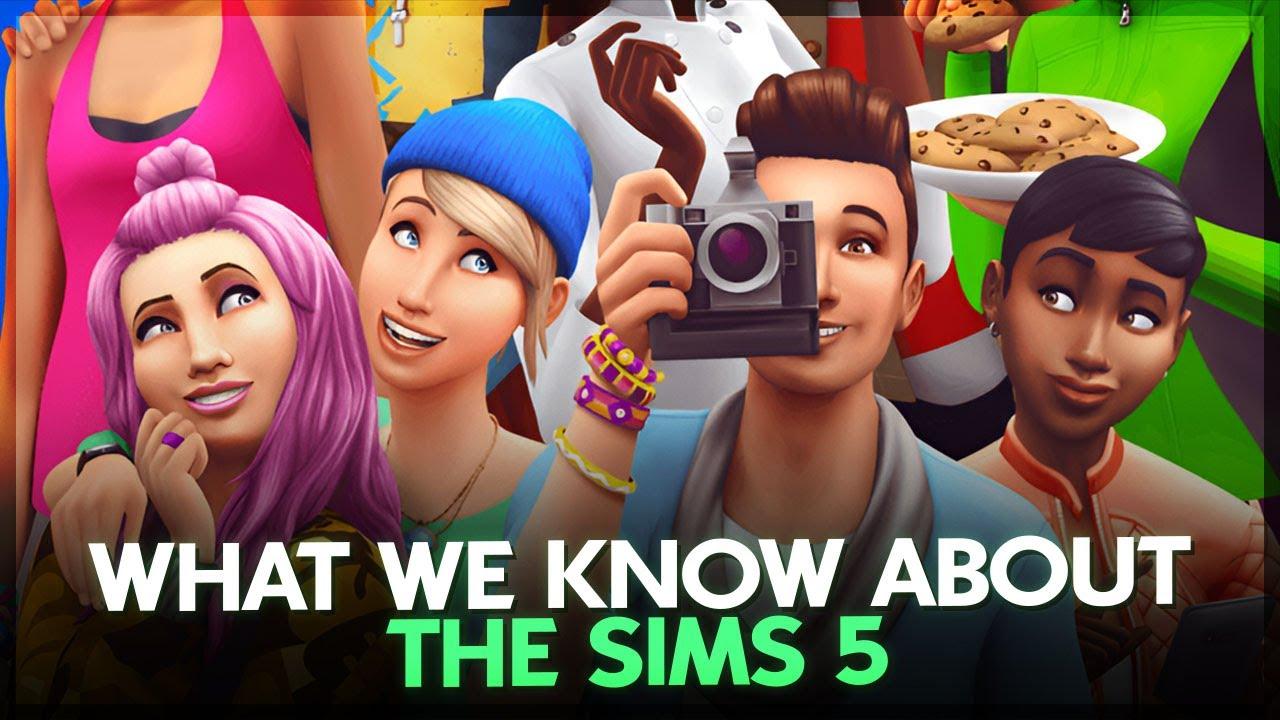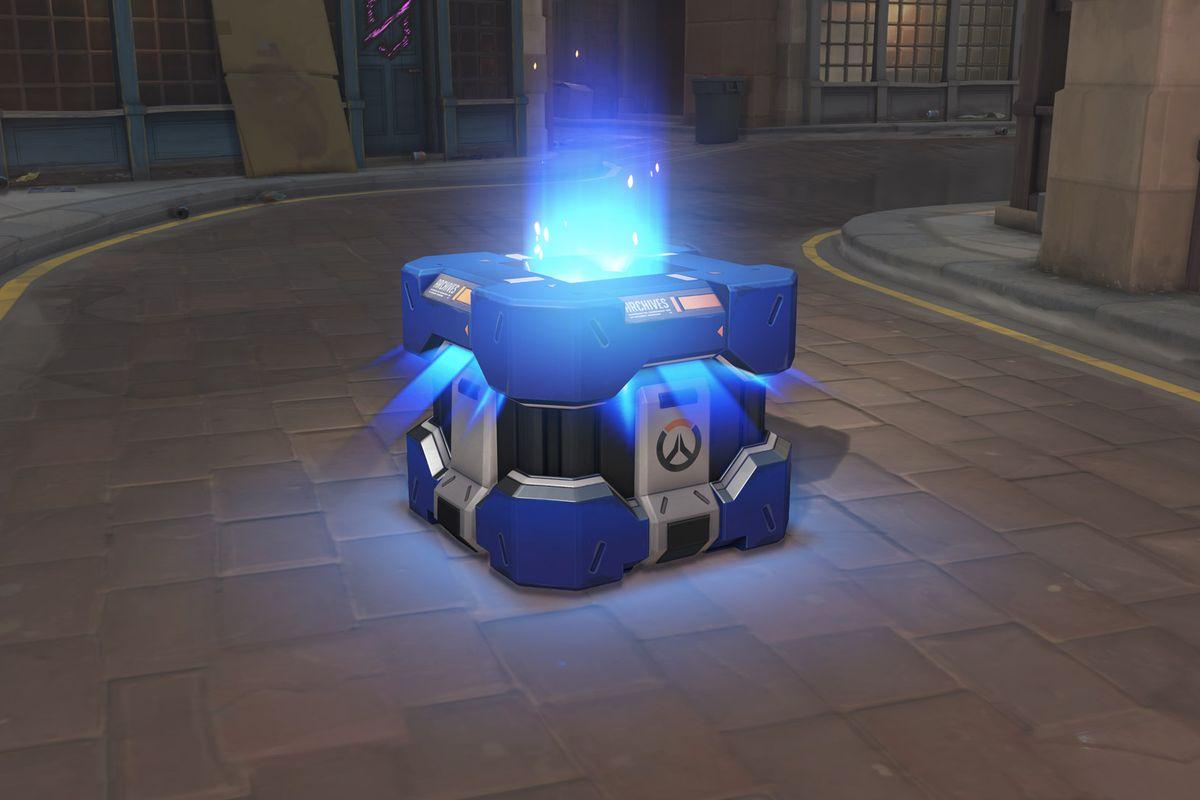
How a U.S. bill could affect loot boxes, DLC, and much more
The Protecting Children from Abusive Games Act has been introduced to Congress and if enacted will drastically change the way game developers and publishers make their money.
First introduced by Senator Josh Hawley (R-MO), the bill would ban loot boxes and pay-to-win microtransactions in video games. These mechanics are how many modern developers and publishers are able to monetize their games post-sale.
Seasoned video game attorney Ryan Morrison has publicly spoken to the issue on Twitter, indicating that the bill was overly harsh but that the video game industry has only itself to blame for its introduction.
“The loot box bill is a nightmare that was easily preventable, but also a direct result of the game industry acting like the tobacco industry,” Morrison said.
Marc Whipple, an attorney specializing in intellectual property, believes that this bill will pass eventually, but not in the way it’s currently written. He makes a good point about the restrictive nature of the current bill.
“If buying a side mission improves your play in the main storyline, you’re looking at a potential issue,” Whipple said.
Many game companies like to add a layer of complexity into their games with side missions and expansion packs. For example, MMORPG Guild Wars 2 has released two expansion packs that have included elite skills not accessible on free-to-play accounts. The game’s developers have also added gliding and mounts that are only unlockable through paying for the additional content. Under the new bill, even something like this could be an issue going forward.
The bill is gaining bipartisan traction. Richard Blumenthal (D-CT) and Sen. Ed Markey (D-MA) both have put out statements in support of the bill. While the gaming community seems to be in support of a ban on loot boxes, especially when it comes to games which are marketing directly to children, most are opposed to the ban on microtransactions.
Tom Wijman, a senior market analyst at Newzoo, believes that a ban on microtransactions would have a significant negative impact on the industry.
“If microtransactions were to be banned outright, it would shake the entire games market as we know it,” Wijman said in a statement to VentureBeat. “This is something that has not happened in any country/market, and it is very unlikely to happen in the U.S.”
One of the biggest events to bring forward the issue of gambling in video games came in the form of third-party websites that were offering a lottery game in which players could win Counter-Strike: Global Offensive skins. In 2016, popular websites that facilitated the gambling of CSGO skins cropped up and became a big topic of conversation around underaged gambling.
Valve was named in a lawsuit brought by a player accusing the developer of facilitating gambling by allowing players to link their Steam accounts to these third-party websites. In response to the lawsuit, Valve sent cease and desist letters to the websites in question, giving them just ten days to shut down their sites or face further legal action.
After 2016, the discussion about loot boxes ramped up and gained the attention of several lawmakers who denounced the mechanic. Loot box legality garnered even more attention when publisher EA made clear their intention to make character enhancements that would otherwise be earned through in-game play also purchasable at launch for the highly anticipated Star Wars: Battlefront II.
Gamers could purchase an in-game currency called “crystals,” which in turn allowed loot boxes to be opened. These boxes contained a wide variety of rewards ranging from cosmetics to character enhancements. Mass outrage ensued, but EA didn’t back down until almost six months later. They removed the character enhancements and left only the rewards that didn’t alter the progression of the game.
A lot of fans thought this action by EA was taken far too late, and the government took notice. While it’s not easy to attribute exactly which game or games led directly to government action, people are certainly pointing fingers at EA for bringing most prominently it to the government’s attention.
Belgium did implement a ban on loot boxes after finding that they qualified as gambling under their national laws, while New Zealand and the United Kingdom ultimately weren’t able to classify them as gambling under their nations’ laws.
Even after the ban in Belgium, EA still put up a fight against banning the practice in their game FIFA Ultimate Team. In this game, players can purchase loot boxes for a chance at rare player cards. Belgium threatened EA for months with legal action if they didn’t pull the mechanic from their game, and the publisher finally accepted defeat in January 2019. Companies such as Blizzard, Valve, and 2K Games decided to disable their loot boxes locally without resistance.
While companies like EA have been adamant that their loot boxes are not gambling, the new law being introduced to the senate is taking the same aggressive stance that EA took when they implemented their pay-to-win loot boxes and micro-transactions in their games.
Generally, gamers seem to be okay with the idea of loot boxes being addressed by the government, but there has been a lot of discussion around the restrictive language with the way the bill was written.
Because the bill stating that “it is unlawful for a game publisher to publish an interactive digital entertainment product that is not a minor-oriented game (or an update to such a product) if … the publisher has constructive knowledge that any of its users are under the age of 18,” it includes a wide range of games that have to abide by the rules.
Many developers that market to the 18-and-up also have minors playing their games. This turns the bill into a broadly restrictive potential law because of that rule, and also because there are even tougher regulations on exactly what is considered pay-to-win.
Things like Elder Scrolls Online’s crafting bag and Guild Wars 2’s purchasable crafting nodes would possibly create an issue going forward. The bill crosses into territory where even things that most players don’t generally categorize as being pay-to-win are classified as such.
Entertainment Software Association president and CEO Stanley Pierre- Louis has already pointed out the countries that found loot boxes were not considered gambling, and is a proponent of parental tools being implemented rather than government regulation.
Since the bill was just introduced, it will take a long journey through the legal channels before it is signed into law. It is too early for publishers and developers to start lobbying, but if the bill continues to gain traction, government officials can expect to get an earful from them.
Recommended
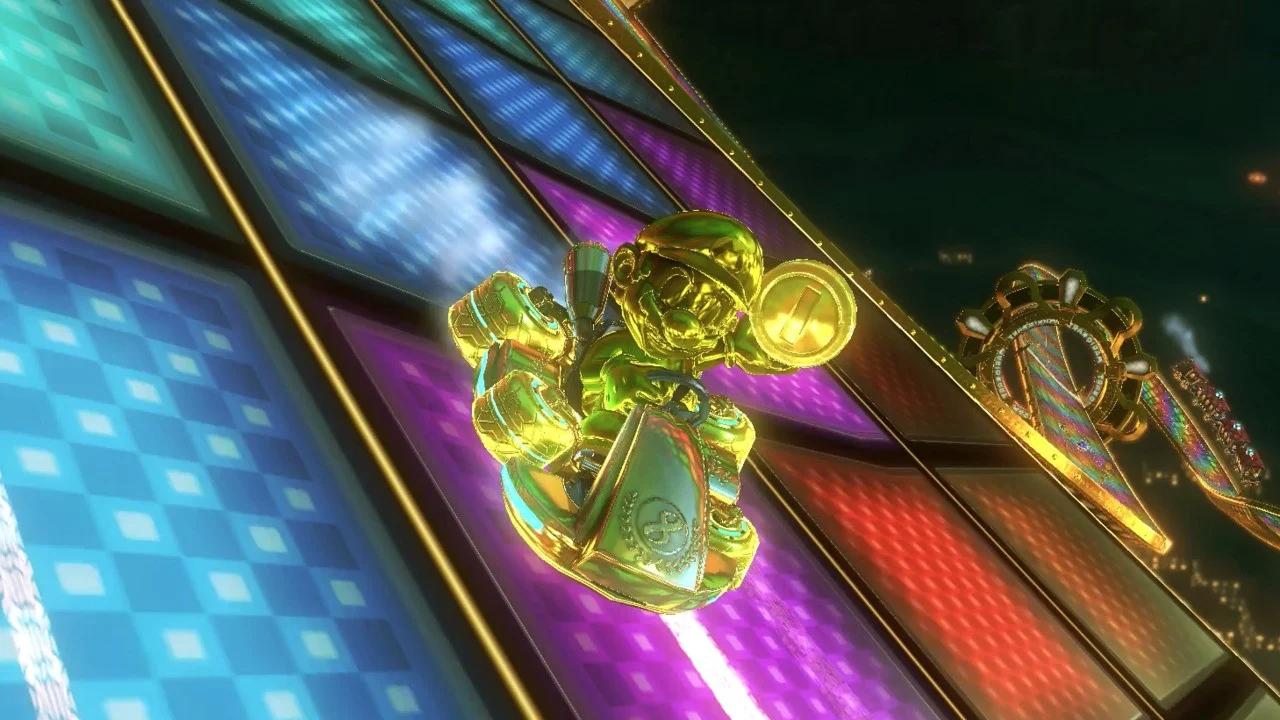
How many coins to unlock everything in Mario Kart 8 Deluxe?
You’ll need a good amount of coins to unlock everything in Mario Kart 8 Deluxe.
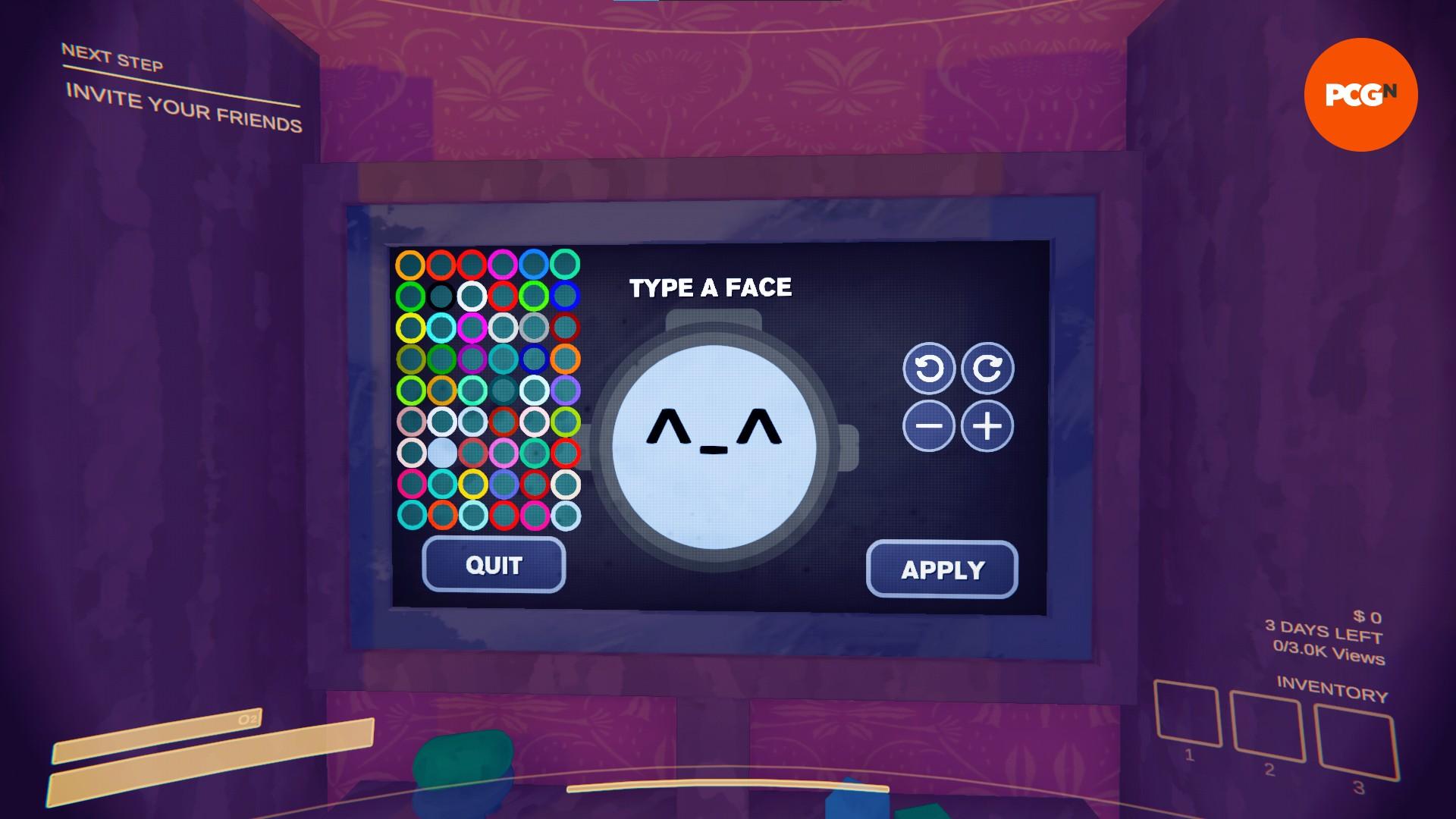
The best Content Warning mods and how to install them
Let’s spice it up a bit.

What is The Hour of Joy in Poppy Playtime?
Here’s what went down all those years ago…

